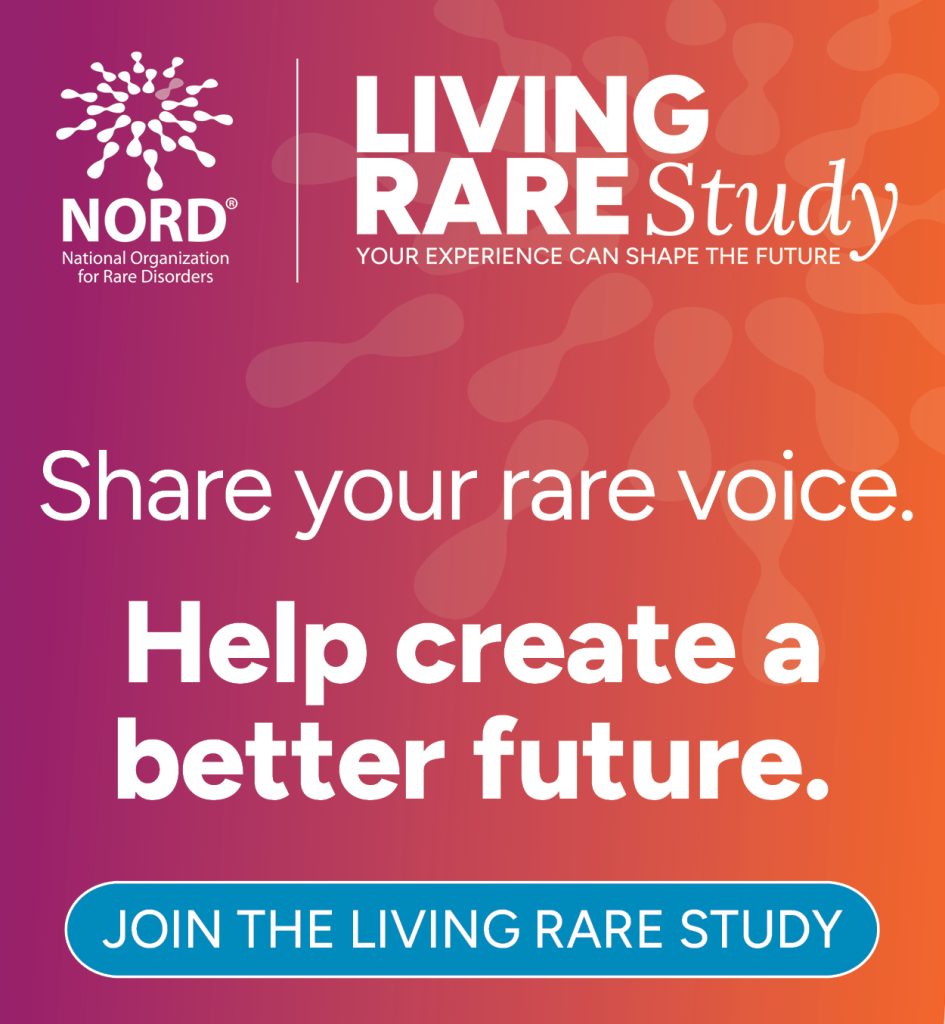Washington, DC — The National Organization for Rare Disorders (NORD) applauds efforts of Congressional leaders to protect the Orphan Drug Act (ODA) and ensure proper incentives are in place to continue to foster robust rare disease drug development. Last week, leaders of the House Energy and Commerce Committee included language in their bipartisan Food and Drug Amendments of 2022 (H.R. 7667) and today Senators Baldwin and Cassidy introduced the Retaining Access and Restoring Exclusivity (RARE) Act (S.4185) to clarify the original intent of the ODA and codify FDA’s long-standing interpretation of that landmark law. The decision from a recent court case, if not addressed by Congress, could hinder continued progress in rare disease drug development.
“Catalyst Pharms., Inc. v. Becerra threatens to undermine 40 years of practice and progress enabled by the Orphan Drug Act, which has benefited millions of Americans and their families facing rare disease diagnoses,” said Peter L. Saltonstall, President and CEO, NORD. “Still, there are approximately 25-30 million Americans living with a rare disease and more than 90% of the 7,000 known rare diseases do not yet have an FDA-approved treatment. We are very encouraged by the legislation in both the House and Senate to clarify that orphan drug exclusivity is awarded only for the specific use that is approved by the FDA. This clarification will maintain appropriate incentives to encourage rare disease drug development as intended in the Orphan Drug Act with a goal of addressing the still significant unmet needs of many in the rare disease community.”
The ODA provides a set of incentives to support research and development into drugs for rare diseases, which had been largely neglected by the pharmaceutical industry before the 1983 law. One of the key incentives is a seven-year term of “exclusivity,” or market protection from competition, for the orphan drug once approved and marketed. The law established a two-part process for obtaining orphan drug exclusivity. First, at an early stage in development, a company can request that FDA “designate” the drug as an orphan drug to prevent, diagnose or treat a rare disease or condition. Once a company receives this designation, the company can access other ODA incentives, including tax credits for the research and clinical testing on the drug. Second, after completing the necessary clinical studies and obtaining FDA approval, the drug is then awarded exclusivity that protects the specific use of the drug that is approved.
However, the recent 11th Circuit decision in the case of Catalyst Pharms., Inc. v. Becerra, if allowed to stand, would turn this system on its head. The Court rejected FDA’s decades-long interpretation of the ODA that the exclusivity protects the “use or indication” ultimately approved. The Court instead held that the rare disease designated at the outset of the drug development process dictates the scope of the orphan drug exclusivity. NORD believes this is an incorrect interpretation of the statute and is grateful to see Congress working to correct and clarify the law.
In the absence of a legislative fix, NORD believes there would be fewer orphan drugs approved for fewer special patient populations. That is not the goal of the ODA, and it is not in the best interest of the rare disease community. In most cases, the orphan designation is intentionally broader than the use ultimately approved. For instance, a drug might be designated for the treatment of Fabry’s disease, a rare lysosomal storage disorder. After conducting studies in the disease, the sponsor may have only obtained data sufficient to support a narrower population than the entire patient population with Fabry’s disease and seek approval for the treatment of only adults with the disease. Similarly, many orphan drugs designated for cystic fibrosis are designated for the disease broadly but are only approved for use in patients with a specific mutation.
If the 11th Circuit decision is left in place, the law would create an incentive for sponsors to seek broader designations for an entire rare disease at the outset, leaving little incentive to continue to study the safety and efficacy that drug in special populations, like children. More than half of people with rare diseases are children, so the implications of this Court ruling have the potential to be significant.
“NORD is grateful that Energy and Commerce Committee leadership and Senators Baldwin and Cassidy have recognized the threat posed by the 11th Circuit’s interpretation of the Orphan Drug Act,” said Heidi Ross, Vice President, Policy and Regulatory Affairs, NORD. “This issue must be addressed swiftly to ensure access to safe and effective drugs for specific rare disease populations is maintained and future research and development efforts for new treatments for rare diseases are appropriately incentivized.”
To learn more about NORD’s policy work and how to get involved, visit: https://bit.ly/Policy-Issues.
About the National Organization for Rare Disorders (NORD)
The National Organization for Rare Disorders (NORD) is the leading independent advocacy organization representing all patients and families affected by rare diseases in the United States. NORD began as a small group of patient advocates that formed a coalition to unify and mobilize support to pass the Orphan Drug Act of 1983. Since then, the organization has led the way in voicing the needs of the rare disease community, driving supportive policies, furthering education, advancing medical research, and providing patient and family services for those who need them most. Together with over 300 disease-specific member organizations, more than 17,000 Rare Action Network advocates across all 50 states, and national and global partners, NORD delivers on its mission to improve the lives of those impacted by rare diseases. Visit rarediseases.org.




